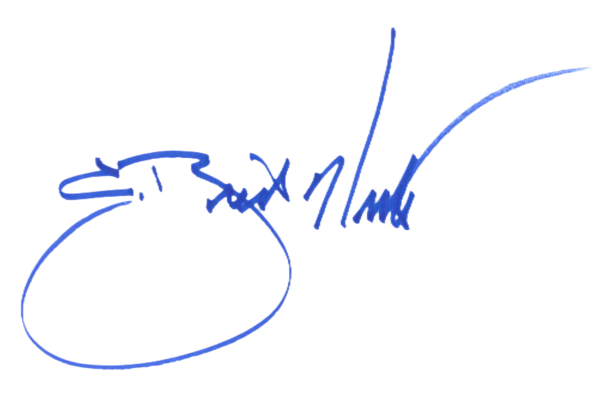When you’re involved in a traffic collision, there is a chance that you could suffer serious injuries. In fact, if you’re involved in a head-on collision, there is a greater chance that you’ll be significantly injured because of the force involved.
Head-on collisions happen for many reasons, from someone looking away from the road and crossing the center line to someone driving the wrong way down a one-way street. If you happen to be involved in a crash like this, there are some specific types of injuries that you should watch out for.
What kinds of injuries are most common in head-on collisions?
There are several common kinds of injuries that victims suffer from head-on crashes. Some include:
- Facial fractures
- Whiplash
- Spinal injuries
- Traumatic brain injuries
Each of these is more likely to happen because of the forces involved as well as the sudden stop that occurs when two vehicles hit head-on.
Facial fractures
Facial fractures are possible in head-on collisions because it’s more likely that the airbag will deploy. Coming out at high speeds, the force of the impact may cause fractures to the eye socket, nose, cheeks and other areas.
Whiplash
The sudden stop of a head-on crash is more likely to cause whiplash, which occurs when the head whips forward and back (or side to side) quickly. This strains the ligaments and tendons in the neck, and it can lead to serious repercussions.
Spinal injuries
Spinal injuries, like herniated discs, are possible. The sudden stop during this crash could lead to multiple discs herniating in the neck. In some cases, they may rupture. Spinal cord injuries could occur if the downward force is high enough during the collision.
Traumatic brain injuries
Finally, there are traumatic brain injuries. These are more common in cases of whiplash or after sudden stops because of how the brain may move inside the skull.
If you’re involved in a head-on crash, remember that you can pursue compensation. Your injuries could be costly, but they absolutely need to be treated as soon as possible. Your health has to come first after a serious crash.


